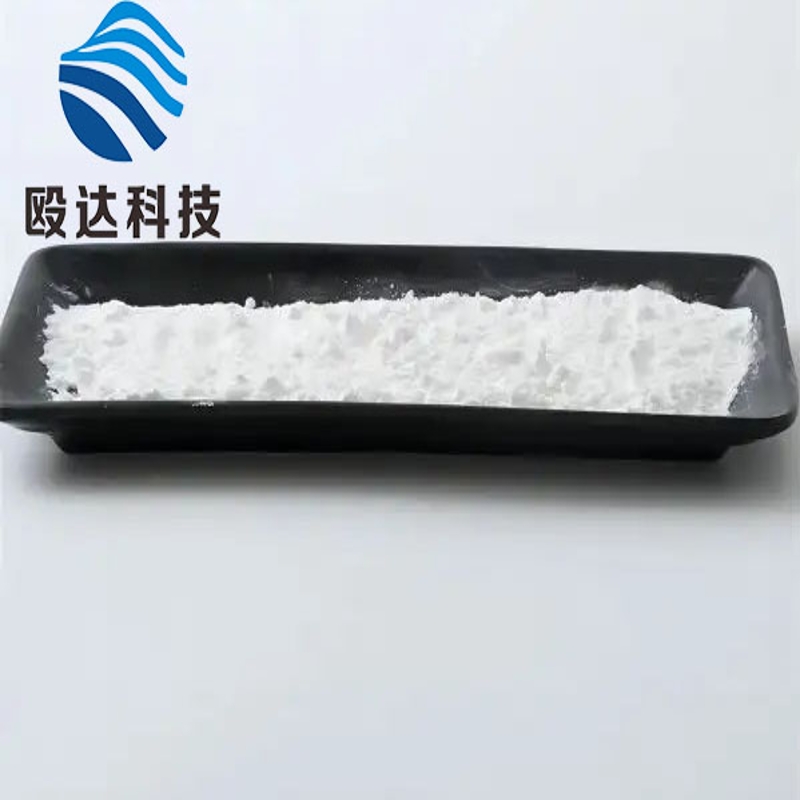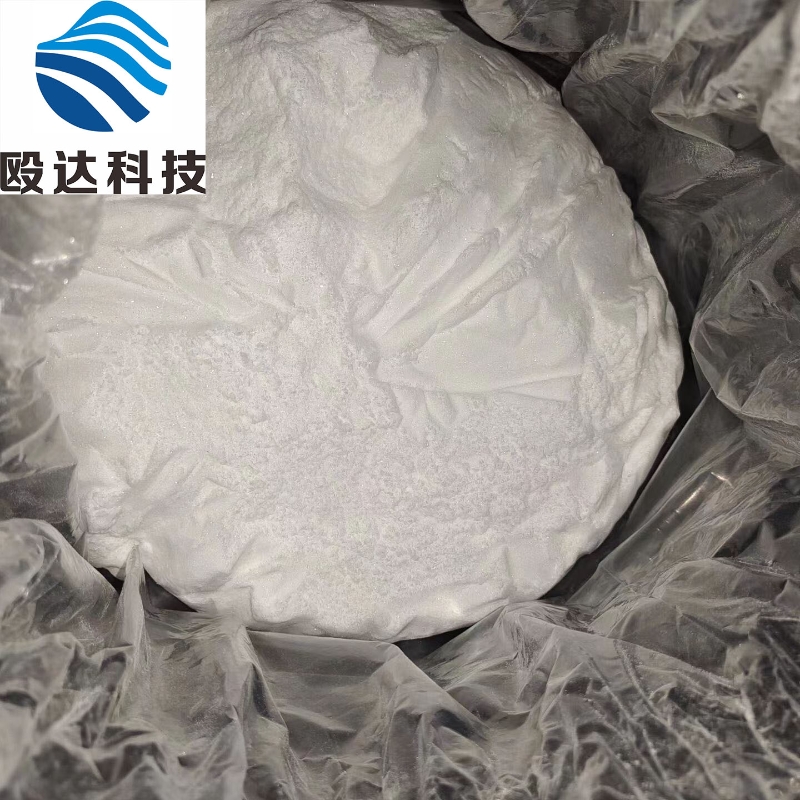-
Categories
-
Pharmaceutical Intermediates
-
Active Pharmaceutical Ingredients
-
Food Additives
- Industrial Coatings
- Agrochemicals
- Dyes and Pigments
- Surfactant
- Flavors and Fragrances
- Chemical Reagents
- Catalyst and Auxiliary
- Natural Products
- Inorganic Chemistry
-
Organic Chemistry
-
Biochemical Engineering
- Analytical Chemistry
- Cosmetic Ingredient
-
Pharmaceutical Intermediates
Promotion
ECHEMI Mall
Wholesale
Weekly Price
Exhibition
News
-
Trade Service
December 11, 2020 // -- Albireo Pharma is a company that develops a new type of bile acid regulator for the clinical phase of rare liver disease.
recently, the company announced that it had submitted a new drug application (NDA) to the U.S. Food and Drug Administration (FDA) and a marketing authorization application (MAA) to the European Medicines Agency (EMA) seeking approval for the use of odevixibat for the treatment of in-vivo bile siltation (PFIC).
PFIC is a devastating disease and many patients have a liver transplant or other invasive surgery.
EMA will review odevixibat through an accelerated approval process.
with the completion of FDA and EMA regulatory filings, odevixibat has the potential to become the first treatment approved for PFIC in the United States and Europe.
previously, the EMA had granted odevixibat the orphan drug eligibility, priority drug qualification (PRIME), fda has granted odevixibat treatment PFIC fast track qualification (FTC), rare pediatric disease qualification (RPDD) and orphan drug qualification (ODD).
odevixibat is a pioneering, powerful selective, non-systematic, refoural bile acid transporter (IBAT) inhibitor with minimal systemic exposure and local function in the intestines.
the drug is currently being developed for the treatment of rare childhood bile siltation liver disease, including PFIC, bile blocking, Alagille syndrome, of which PFIC is the first target adaptation.
data recently presented at the AASLD conference confirmed that odevixibat therapy provides lasting relief for PFIC patients.
Phase 3 PEDFIC-1 clinical study is the largest ever conducted in PFIC.
results showed that the study reached the main endpoint of regulatory requirements in the United States and the European Union: odevixibat significantly reduced bile acid response (SBA, p-0.003), significantly improved skin itching (p-0.004), and had a single-digit diarrhea rate compared to placebos.
addition, long-term data from PEDFIC-2 (Open Label Phase 3 Extended Study) show that in patients treated for up to 48 weeks, the continuous and persistent reduction of SBA, improved itching assessment, and encouraging indicators of liver and growth function.
in both studies, odevixibat was well-resistant, and most of the adverse events (TEAEs) caused by treatment were mild or moderate.
the chemical structure of odevixibat (Photo: medkoo.com) in general, these studies confirm once again the potential of odevixibat to become the first drug approved for the treatment of PPIC.
PFIC is a devastating disease that is currently treated with surgery, including liver transplantation.
is a safe and effective treatment that has the potential to make a real difference for PFIC patients and their families.
regulatory approval, Albireo plans to bring odevixibat to market in the second half of 2021. Ron Cooper, president and chief executive officer of
Albireo, said: "Our record time to complete the submission of listing applications to US and EU regulators demonstrates the Albireo team's commitment to providing treatment options for different types of PFIC patients as quickly as possible.
With random, placebo-controlled PEDFIC clinical project data, orphan qualification in the United States and the European Union, accelerated evaluation and access to the EU PRIME program, and fast-track eligibility in the United States, we expect to be approved in the second half of 2021 and will bring the first treatment to PFIC patients worldwide for the first time.
"PEDFIC-1 was a randomized, double-blind, placebo-controlled, global multi-center Phase 3 study conducted in 62 patients aged 6 months to 15.9 years of age in PFIC1 or PFIC2 patients.
study, patients were randomly assigned to receive 2 oral doses of odevixibat commercial preparations (40 μg/kg/day, 120?g/kg/day) or placebo for 24 weeks at a time.
the odevixibat treatment group receive oral capsules or sprays once a day, and these two preparations do not need to be refrigerated.
data showed that in the main analysis, the study reached the main endpoint of compliance with U.S. regulation: a positive rate of 53.5 percent for itching in the odevixibat treatment group and 28.7 percent in the placebo group (p-0.004). in terms of
secondary endpoints, 42.9% of patients in the odevixibat treatment group had a clinically significant improvement in itching scores (defined as: on the 0-4 scale, the itching score decreased from baseline levels at week 24 ≥1.0 points) and the placebo group had a 10.5% (p-0.018).
addition, the study reached the main endpoint of COMPLIANCE with EU regulation: 33.3% of patients in the odevixibat treatment group had a 70% reduction in serum bile acid (sBA) or a level of 70μmol/L, and no patients in the placebo group achieved this goal (p=0.003).
secondary endpoint, the bile acid in the odevixibat treatment group decreased by an average of 114.3 μmol/L, and the placebo group increased by 13.1μmol/L (p=0.002).
two doses of odevixibat are statistically significant at each endpoint.
studies, odevixibat has good tolerance.
the rate of adverse events was similar to that of placebos.
drug-related adverse events (SAEs) were not reported during the study.
/frequent platoons were the most common treatment-related gastrointestinal adverse events, occurring at 9.5 per cent in patients treated with odevixibat and 5.0 per cent in the placebo group.
origin of the original article: Albireo submits U.S. and European applications for odevixibat in disease liver







